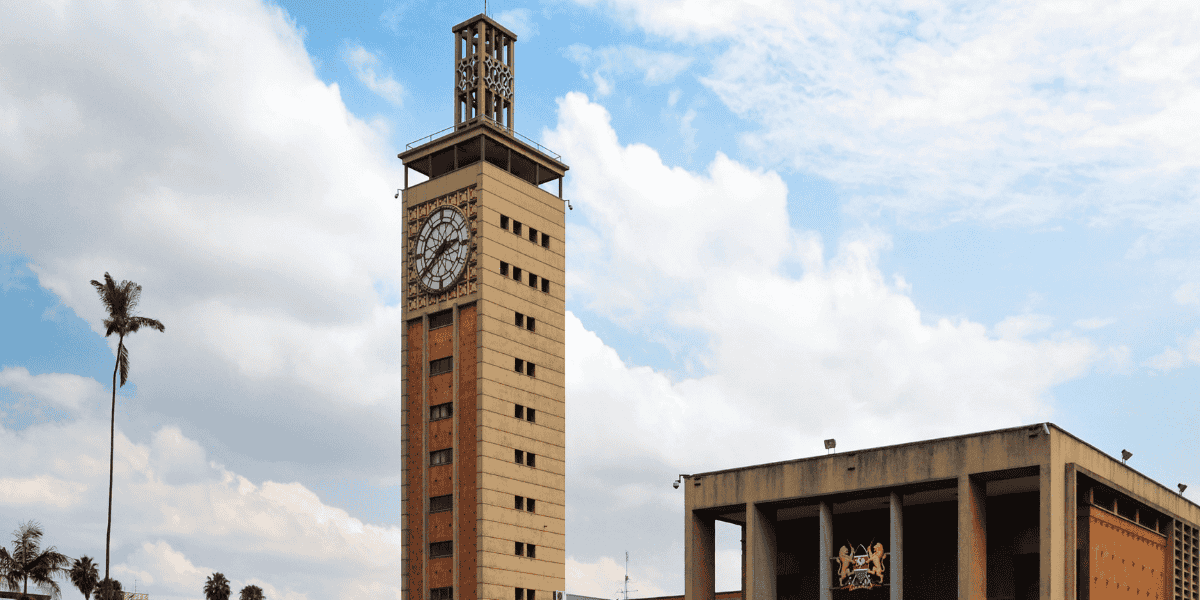On 17 January 2024 the IMF issued a report following consultations with Kenya under Article IV of the IMF’s articles of agreement, the Sixth Reviews of the extended arrangements under the EFF and ECF Arrangements, and First Review Under the Resilience and Sustainability Facility Arrangement for Kenya. The IMF also approved modification of the end-June 2023 and end-December 2023 tax revenue targets.
The report notes that the Kenyan economy is showing resilience as it recovers from the effects of the pandemic and multi-season drought in recent years. The economy grew by 5.6% year on year in the first nine months of 2023, with a strong recovery in agriculture. Non-agricultural growth slowed in the same period. Economic growth is projected to be around 5% percent in 2024.
Progress has been made in some key areas, including governance and public financial management. Kenya’s medium-term prospects are positive and could be strengthened by improving competitiveness, enhancing governance and building up the anti-corruption framework. Implementation of the Medium-Term Revenue Strategy is important in preventing the erosion of the tax base while promoting equity and fairness in the tax regime and creating more space for spending on public services.
The IMF report stresses that structural reforms are needed to support more job creation, poverty reduction, and creation of a greener economy. Kenya should work on improving export competitiveness; addressing weaknesses in governance; and strengthening the anti-corruption framework. Kenya should improve its resilience to climate shocks by further promoting climate risk considerations in fiscal planning and the investment framework.
The IMF report emphasized the need for continued fiscal prudence, supported by domestic revenue mobilization and expenditure rationalization. In relation to tax collections, the IMF expressed concerns over the recent shortfalls in revenue collection and called for urgent implementation of corrective measures. The report called for fast tracking of structural reforms to increase export competitiveness, strengthen public financial management and address weaknesses in governance and the anti-corruption framework, including on anti-money laundering and combating the financing of terrorism (AML/CFT).













